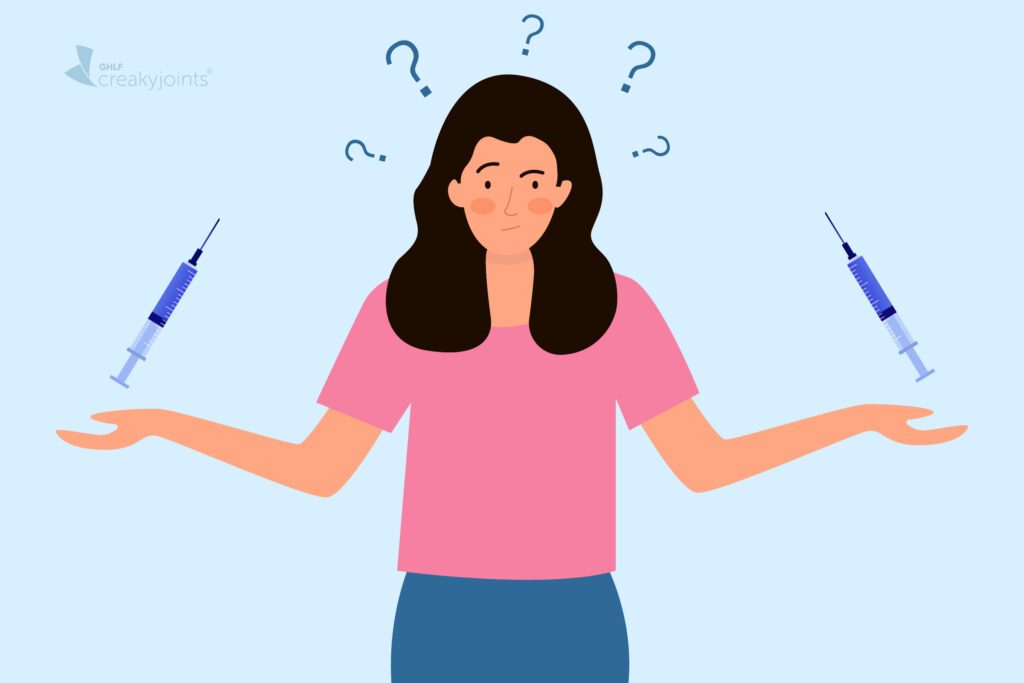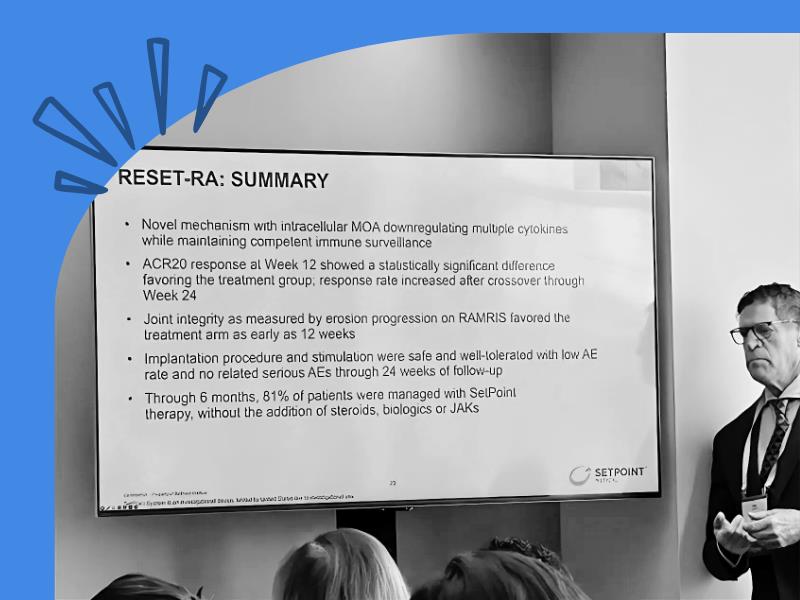Probenecid (Benemid®, Probalan®)
Probenecid (Benemid®, Probalan®) is used to manage hyperuricemia and prevent gout attacks. It’s not designed to treat an acute gout attack or its symptoms. It’s not an anti-inflammatory drug or pain reliever.
How does Probenecid work?
Probenecid (Benemid®, Probalan®) is used to help your kidneys more effectively filter out uric acid. This drug should help your body naturally eliminate uric acid in your urine, so you keep the uric acid levels in your body at a healthy level.
Probenecid may help you prevent that excess uric acid build-up from causing crystals to form, settle in your joints, and cause painful gout attacks. So it’s used as a long- term drug to manage your gout and prevent attacks. It’s not designed to treat a gout attacks, treat inflammation, or ease symptoms like pain or swelling.
Probenecid comes in tablet form you take by mouth. It’s a good idea to take with food because it could cause an upset stomach. Adults with chronic gout usually take 250 mg of probenecid twice a day, and increase to 500 mg two times per day and higher if necessary. Your doctor can watch how well the drug works for you and how well you tolerate it.
Probenecid may take six months to a year to reach full effectiveness and prevent gout attacks. If you have gout attacks during that time, don’t stop taking probenecid. Your doctor may prescribe colchicine or an NSAID or a corticosteroid for you to treat acute gout symptoms during that time.
Drink six to eight full glasses of water or other fluids each day when you take probenecid. This helps you prevent kidney stones. Drinking enough water is a good habit if you have gout, so remind yourself to reach that goal every day.
Before you start probenecid, let your doctor know if you are taking any of the following medications: aspirin, antibiotics, aminosalicylic acid, methotrexate (Rheumatrex®, Trexall®, Otrexup®), clofibrate (Atromid-S®), dapsone, diflunisal (Dolobid®), diuretics, heparin (a blood thinner), indomethacin (Indocin®), anti-anxiety medications, nitrofurantoin (Microdantin®, Macrobid®), diabetes medications, pyrazinamide, salsalate (Disalcid®), or any other vitamins or supplements.
Do not take aspirin for a headache or joint pain while you take probenecid. Aspirin can interfere with probenecid’s effectiveness. Take acetaminophen (Tylenol®) instead, or ask your doctor for a recommendation.
Let your doctor know if you have or have had ulcers, kidney stones, kidney or blood disorders, are pregnant, are planning to become pregnant or are breastfeeding. Probenecid can affect some urine test results, so let any doctor know you take probenecid before you take a urine test.
Side Effects of Probenecid
Probenecid (Benemid®, Probalan®) could give you an upset stomach, so take your tablet with some food, such as after meals or with a snack. You can also take an over-the-counter antacid tablet if you have an upset stomach from your pill.
Other possible side effects include loss of appetite, vomiting, dizziness or headaches. If you notice any signs of a reaction to your drug, like skin rash, breathing difficulties, or strange bruising or bleeding, let your doctor know immediately.
Again, probenecid could affect a urine test. So if you need to take a urine test for a medical reason or when interviewing for a job, let the technician know that you take probenecid.





